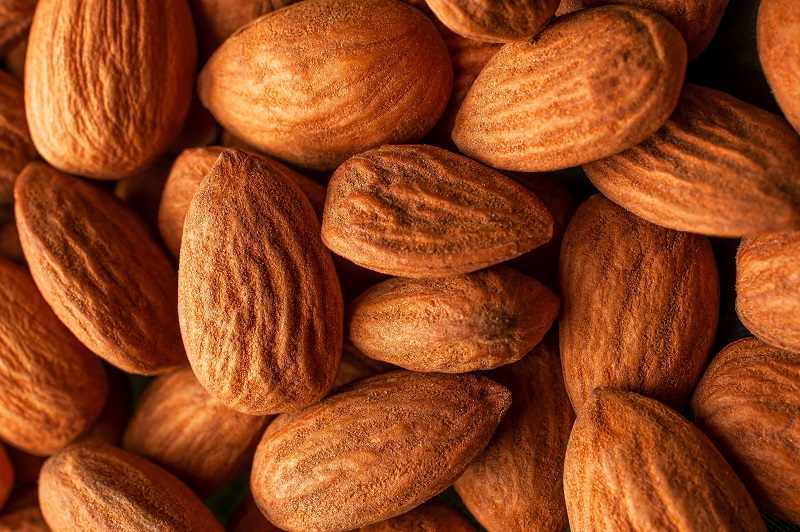Study Shows Buckwheat Can Help Stifle Squash Pests
To help improve crop production, University of Florida researchers are developing a method to keep squash pests at bay. Why? Florida grows more zucchini squash than anywhere else in America – to the tune of $70 million a year.
For a new study published in the online journal Agroecology and Sustainable Food Systems, Janine Spies, a post-doctoral researcher in the UF/IFAS Entomology Department, simultaneously planted buckwheat with squash and found the method kept pests away while retaining yields at current levels. Furthermore, she and her colleagues manipulated how they planted buckwheat and squash.
“Pests like whiteflies and aphids transmit viruses to squash and can significantly reduce yield, and the money we make on squash,” Spies said.
The good news is buckwheat can attract beneficial insects that use buckwheat for nectar and pollen, and those insects can act as natural enemies to squash pests, such as whiteflies, aphids and thrips, Spies said.
For this study, scientists went to the UF/IFAS Plant Science Research and Education Unit in Citra, and manipulated how buckwheat and squash were planted in order to reduce competition for resources. They found yields did not go down when altering planting schemes, said Spies, who conducted the study with UF/IFAS Entomology Pprofessor Oscar Liburd and UF/IFAS Entomology Associate Professor Susan Webb.
They also found less disease incidence in squash planted with buckwheat. Scientists, for the most part, also found fewer pests, except for whiteflies, which are present at very high numbers during the fall growing season.
“We believe that buckwheat, when used in conjunction with other pest management tactics, can suppress pests even more and be cost effective,” she said.









